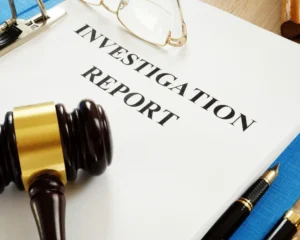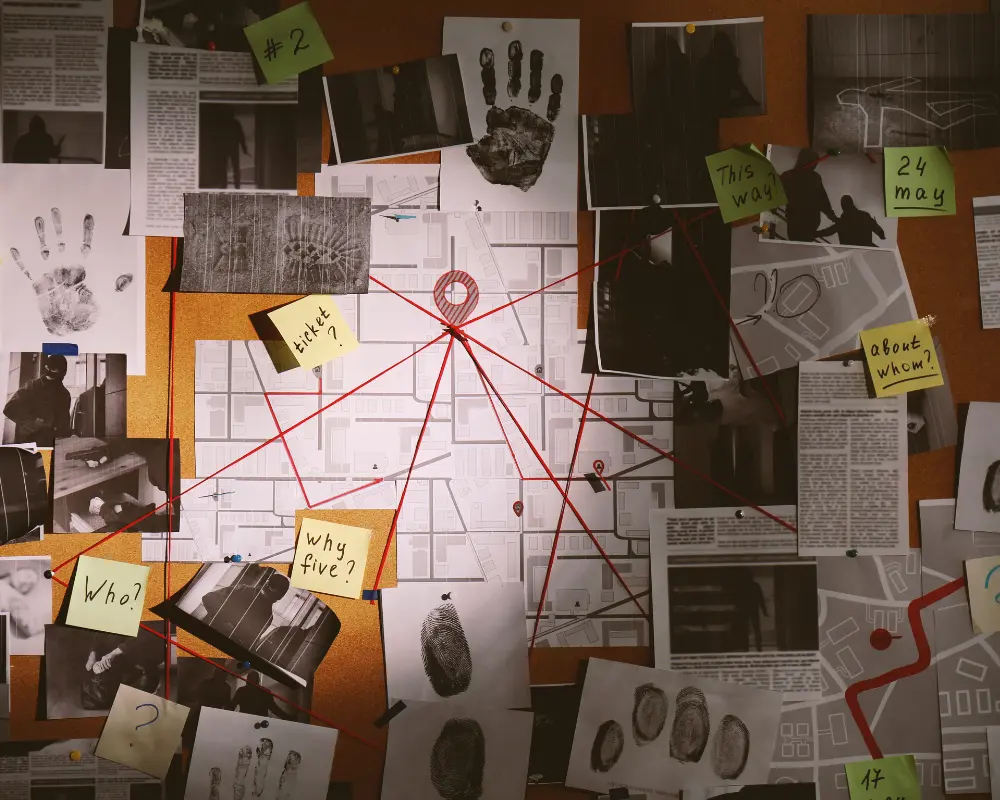In a world entangled with complexities and mysteries, the role of private investigators emerges as pivotal, akin to modern-day sleuths navigating the intricate web of information to unearth hidden truths. Whether involved in legal, corporate, or personal matters, these professionals employ a unique set of skills and tools to provide clients with the clarity they seek. This comprehensive blog post delves into the fascinating world of private investigators, exploring in detail the various methods and techniques they employ to find information.
Role of Private Investigators

Overview of Private Investigator Responsibilities
Private investigators assume diverse roles, catering to legal, corporate, and personal needs. Their responsibilities encompass a wide spectrum, from gathering information to conducting surveillance and analyzing data.
Client Interaction and Objective Definition
Establishing clear communication with clients is paramount. This involves defining objectives, managing expectations, and ensuring a mutual understanding of the investigation’s scope and purpose.
Open Source Intelligence (OSINT)
Definition and Importance of OSINT
Open Source Intelligence (OSINT) serves as a foundational pillar in investigations. This section elaborates on the definition and underscores its significance in the initial stages of an investigation.
Sources of OSINT
Exploration of various sources, such as social media platforms and online databases, reveals the breadth of information available. Understanding how investigators leverage these sources sheds light on the depth of their analytical capabilities.
Analysis and Correlation
Delving deeper into the investigative process, this subsection elucidates how investigators analyze and correlate OSINT data. It explores the nuanced art of identifying patterns and potential leads.
Surveillance Techniques
Traditional Surveillance
This section provides insights into the traditional techniques of tailing a subject, emphasizing the importance of staying covert to ensure the success of surveillance operations.
Technological Advances in Surveillance
Advancements in technology have revolutionized surveillance. The incorporation of GPS tracking devices, discreet cameras, and other technological tools enhances the efficiency and accuracy of investigative efforts.
Database Research
Types of Databases Used
Database research is a cornerstone of private investigations. Investigative professionals delve into criminal records, financial data, property records, and specialized databases to extract relevant information.
Cross-Referencing and Data Validation
The process of cross-referencing information and ensuring the accuracy and reliability of data is explored in this section, shedding light on the meticulous nature of investigative work.
Interviews and Interrogations
Building Rapport
Establishing trust and building rapport during interviews is a crucial skill for investigators. Techniques for effective communication and relationship-building are discussed in detail.
Strategic Questioning
Strategic questioning forms the backbone of interviews and interrogations. This section delves into the development of effective questioning strategies and the identification of deception through verbal and non-verbal cues.
Undercover Operations
Types of Undercover Work
This section explores the various roles investigators may assume during undercover operations, such as posing as employees or customers. It provides examples of successful undercover operations and their impact.
Risks and Challenges
While undercover operations can yield valuable insights, they come with inherent risks and challenges. Balancing the need for information with ethical considerations and navigating potential legal implications are discussed.
Forensic Analysis
Overview of Forensic Analysis
Forensic analysis extends beyond crime scenes and plays a crucial role in modern investigations. This section provides an overview of forensic analysis and its application in private investigations.
Digital Forensics
With the digital age in full swing, digital forensics has become indispensable. This subsection delves into the recovery of deleted information, tracing digital footprints, and analyzing electronic evidence.
Networking and Collaboration
Building Professional Networks
The importance of building and leveraging professional networks is discussed, emphasizing collaboration with forensic specialists, legal professionals, and other experts. A diverse network enhances investigative capabilities.
Collaborative Approach
Successful collaboration in solving complex cases is explored in this section, highlighting how a collaborative approach ensures a holistic understanding of multifaceted legal and ethical considerations.
Legal and Ethical Considerations
Adherence to Privacy Laws
Navigating the complex landscape of privacy laws is essential for private investigators. This section provides an overview of relevant laws and emphasizes obtaining proper permissions for surveillance.
Maintaining Professionalism
Upholding ethical standards throughout the investigative process ensures that the information gathered is admissible in legal proceedings. This section discusses the importance of maintaining professionalism.
Conclusion
Private investigators, often working behind the scenes, play a crucial role in unraveling the mysteries that surround us. Their methods, deeply rooted in a combination of technology, skill, and experience, showcase the evolving nature of investigative work. As the world continues to change, private investigators will adapt, utilizing cutting-edge techniques to navigate the intricate web of information and provide their clients with the answers they seek. In the end, the art of investigation is a testament to human ingenuity and perseverance in the pursuit of truth.



[…] real-world scenarios and case studies, often done by Private Investigators, provides practical insights into the lifespan of fingerprints. High-profile cases and instances […]
[…] more About PIs Method of working and benefits of […]